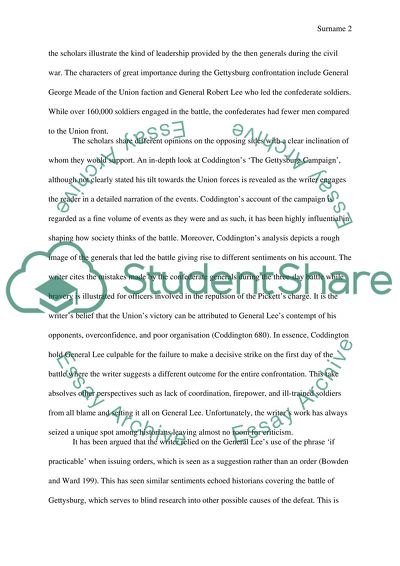Cite this document
(“American history 1492-1865 Essay Example | Topics and Well Written Essays - 2000 words”, n.d.)
Retrieved from https://studentshare.org/history/1483530-american-history
Retrieved from https://studentshare.org/history/1483530-american-history
(American History 1492-1865 Essay Example | Topics and Well Written Essays - 2000 Words)
https://studentshare.org/history/1483530-american-history.
https://studentshare.org/history/1483530-american-history.
“American History 1492-1865 Essay Example | Topics and Well Written Essays - 2000 Words”, n.d. https://studentshare.org/history/1483530-american-history.


